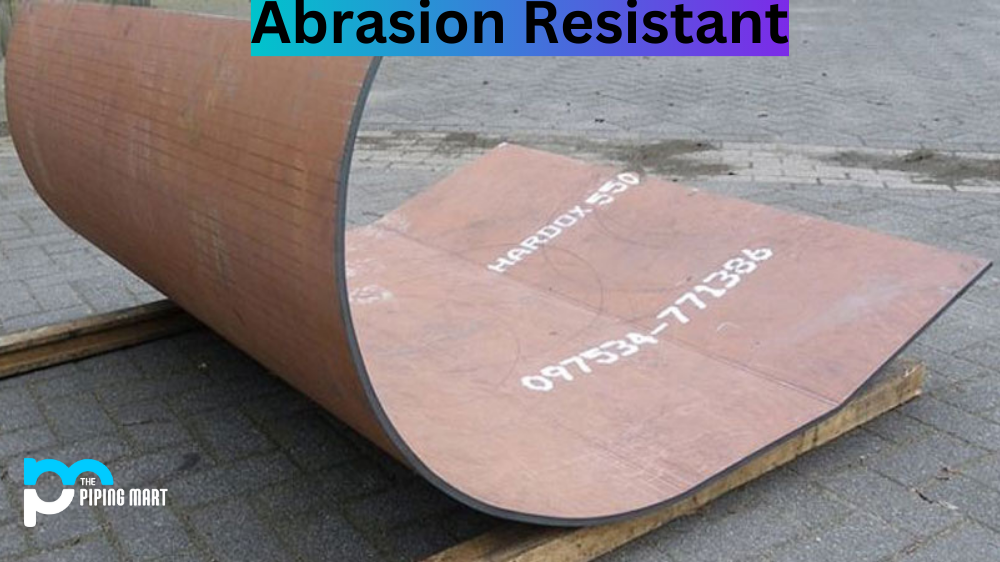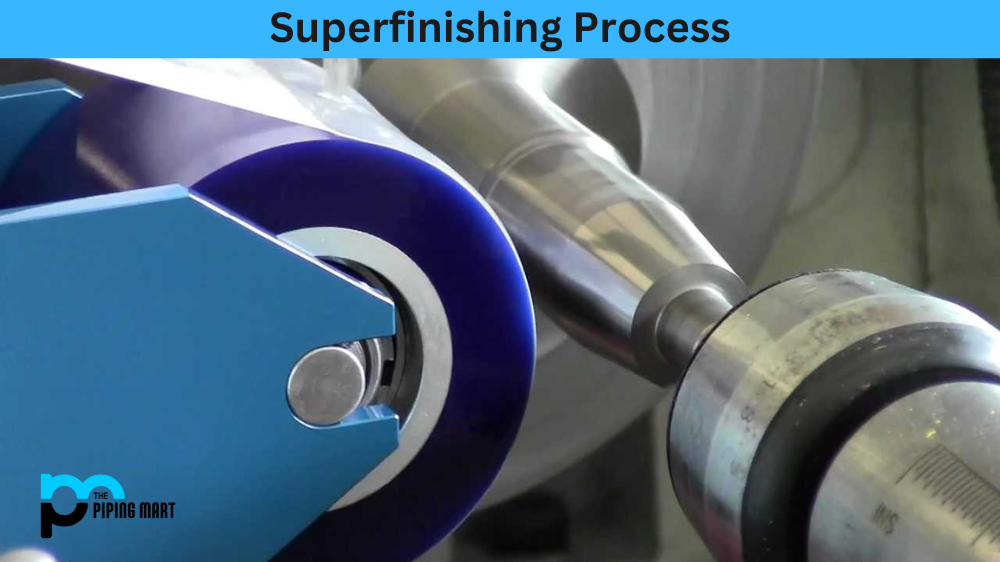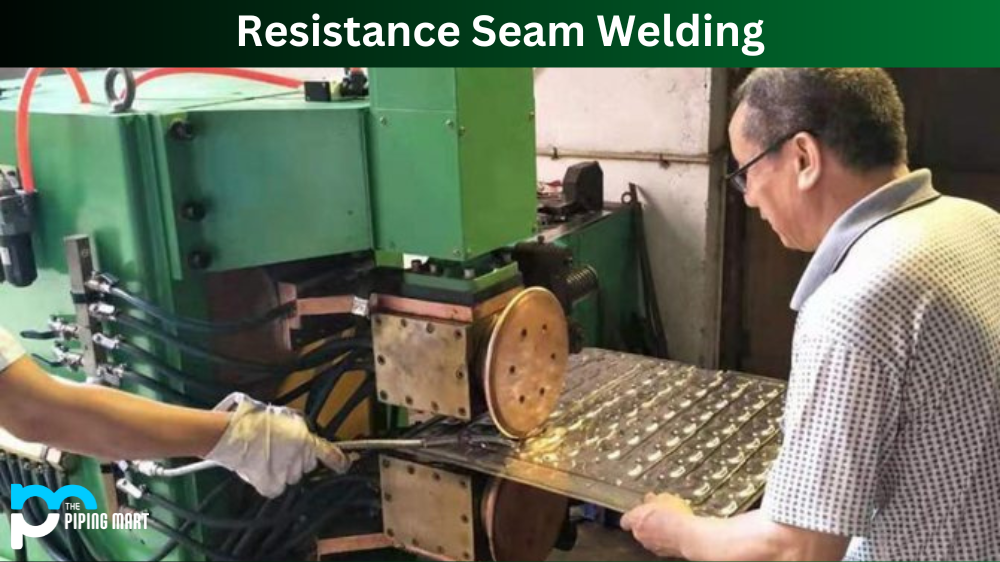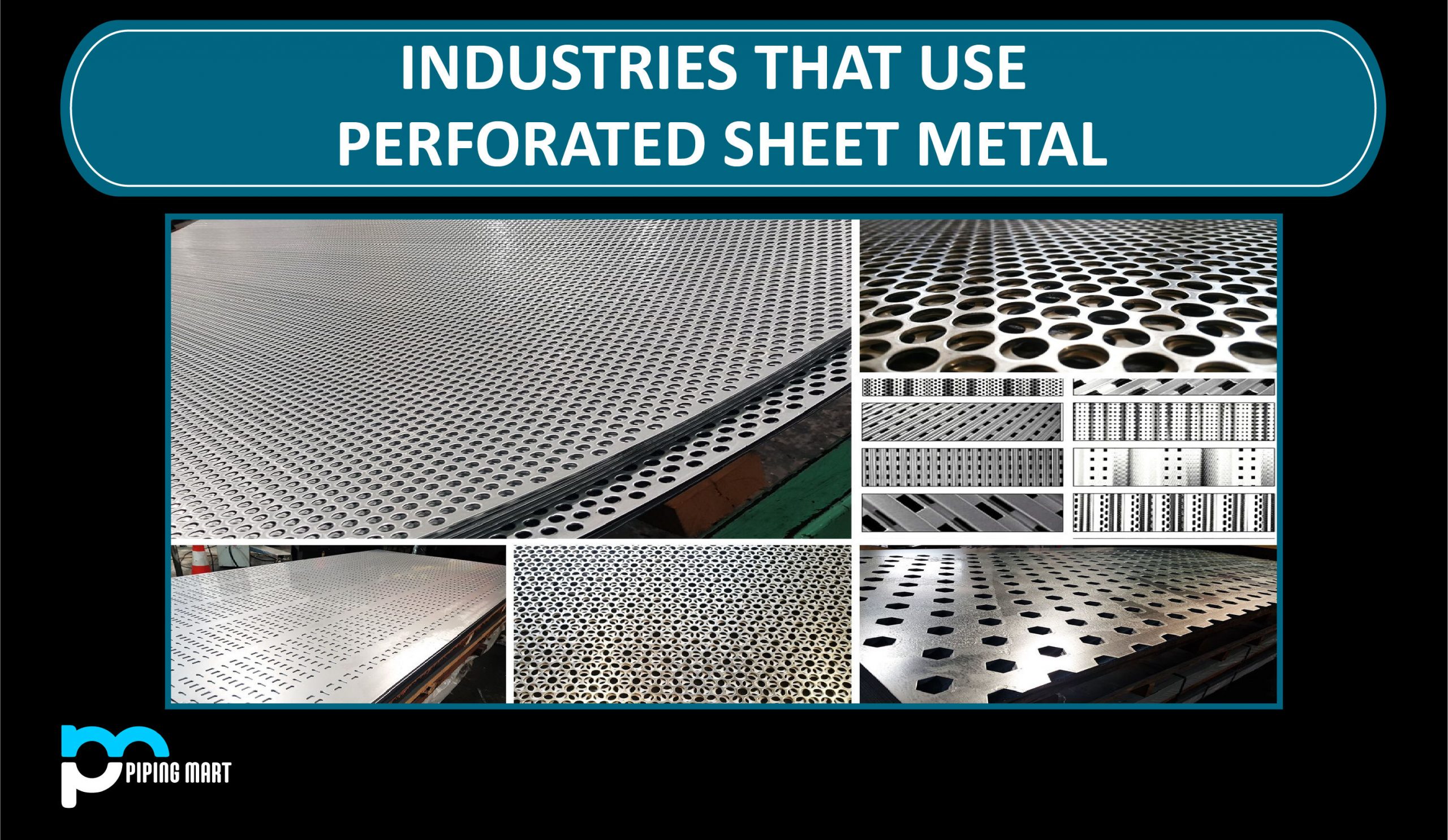Abrasion-resistant materials are used in many industries to protect surfaces from wear and tear due to friction. These materials help extend the life of machinery, tools, and other items by providing a protective layer that can withstand abrasive forces. While these materials offer many benefits, there are also some potential drawbacks that should be taken into consideration before investing in them. Let’s take a look at the advantages and disadvantages of abrasion-resistant materials.
Advantages of Abrasion Resistant Materials
The primary advantage of using abrasion-resistant materials is the extended lifespan they provide. It’s estimated that using such materials can double or even triple the life of equipment and tools. This makes them an excellent investment for any business looking to reduce the costs associated with repairing or replacing worn-out items.
In addition, these materials can also help improve efficiency as they allow machines and other items to run smoother for longer periods of time without needing repair or maintenance. Finally, since these materials are designed to resist damage from abrasive forces, they can provide extra protection against external elements such as wind, rain, dust, and debris, which would otherwise cause wear and tear on unprotected surfaces over time.
Disadvantages of Abrasion Resistant Materials
One potential drawback associated with abrasion-resistant materials is their cost. Depending on the level of protection needed, these materials can be quite expensive when compared to traditional options such as metal or plastic. Additionally, these materials may not be suitable for all applications due to their weight or other physical restrictions such as size limitations or installation requirements. Finally, while abrasion-resistant materials provide superior protection against wear and tear caused by friction and external elements, they cannot protect against certain types of damage, such as extreme temperatures or corrosive chemicals.
Conclusion
When it comes to protecting machinery, tools, and other items against abrasive forces, abrasion-resistant materials are an excellent option. They provide superior protection against wear and tear while also extending the lifespan of equipment significantly. However, they do come with some potential drawbacks, including cost and size limitations, so it is important to weigh all options carefully before making an investment in these types of products. All in all, though, if you’re looking for superior protection from friction-related wear and tear, then abrasion-resistant material might just be the perfect solution for your needs!

A passionate metal industry expert and blogger. With over 5 years of experience in the field, Palak brings a wealth of knowledge and insight to her writing. Whether discussing the latest trends in the metal industry or sharing tips, she is dedicated to helping others succeed in the metal industry.




